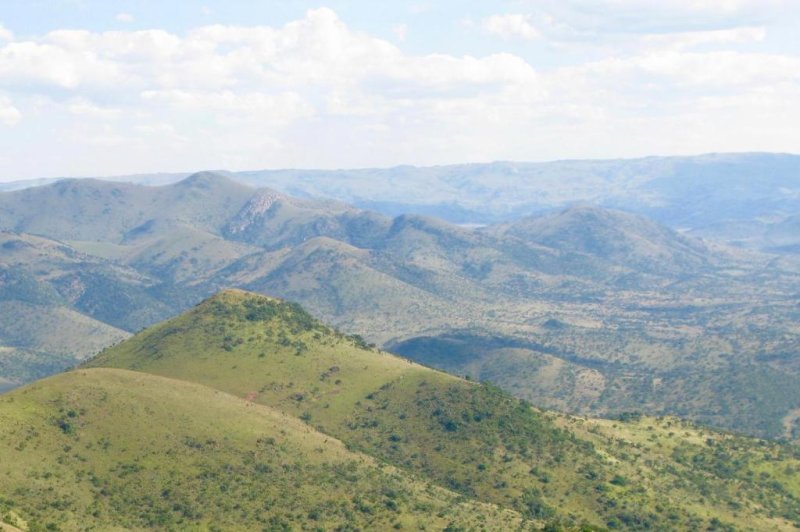BERGEN, Norway, March 17 (UPI) -- A number of scientists have previously suggested early Earth was relatively frigid. Now, there's evidence to support the position.
When an international team of researchers analyzed ancient volcanic rocks -- sourced from nearly 2.5 miles beneath the surface in South Africa's Barberton Greenstone Belt -- they found their composition recalled rocks from more recent ice ages.















